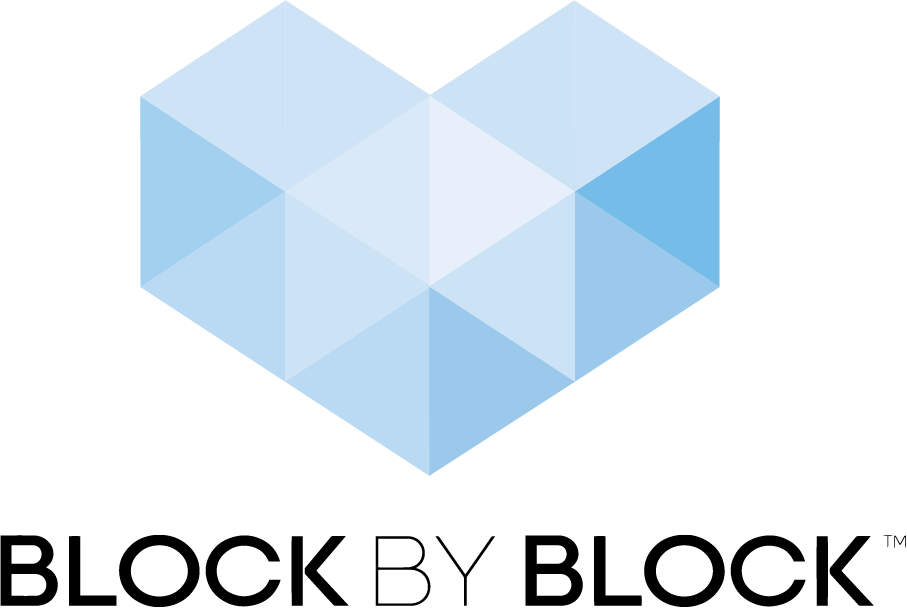Building a Child-Friendly Marketplace in Accra
Building a Child-Friendly Marketplace in Accra
Block by Block Workshops in Ghana promote collaboration, help working mothers, and support early child development in a busy public marketplace.
Building a Child-Friendly Marketplace in Accra
Malata Market, Accra, Ghana
Project type: Public market
Collaborators: UN-Habitat, HealthBridge, Mmofra Foundation, Tech Needs Girls
Region: Africa
Tags: children and youth, economic opportunity, empowering women and girls, micro-interventions, multigenerational use, public health, public safety and security
Accra’s Malata Market is a largely female-driven space, with many kids at their mothers’ side. Credit: UN-Habitat
Background
Marketplaces can serve as the commercial and social heartbeat of communities. For children of stall owners, they can also serve as a second home, where they spend a significant part of their early childhood. The bustling Malata Market in Accra, Ghana, is no exception. In the largely female-dominated space, many young children spend up to 10 hours a day at their mothers’ side. When they venture beyond the stalls, kids enter maze-like aisles with heavy pedestrian traffic, deliveries of large loads, pollution, and little oversight.
UN-Habitat established a project to create kid-friendly micro-spaces within Malata Market. The market lacks options for big, open spaces to transform, but one stall in the center of the market sits elevated from the ground and occasionally serves as an event space. The raised platform gives it some separation from the surrounding areas, making it a desirable location for children and less likely to be affected by through traffic.
The elevated event hall is used in various ways throughout the week. Credit: UN-Habitat
UN-Habitat partnered with HealthBridge and the Mmorfa Foundation to bring a Block by Block Workshop to the Accra community, using Minecraft to gather input from locals and design useful spaces.
Building a Child-Friendly Marketplace, Block by Block
The first workshop took place in July 2018. Female-empowerment tech organization Tech Needs Girls spoke to a group of 23 teenagers and young adults, over half of which were female. The team taught the participants how to use Minecraft to redesign public spaces.
The group split up into seven teams of three and began brainstorming ideas for the marketplace. Over the next couple of days, teams created designs in Minecraft and put together proposals for the final presentation.
The Block by Block Workshop brought young women and men together to design new ideas for a busy Accra market. Credit: UN-Habitat
Groups recommended interventions like open space for children to play, beds or places to sleep, and utilities like a water tank and a toilet. One group reimagined the space as a library, and a few others suggested paintings. Children mentioned that the complicated network of aisles in the market made it difficult to navigate. The planning team worked together to create a color-coded system and asked vendors to paint their stalls with the corresponding color.
Common themes in every workshop shaped a list of top priorities: pavement to protect walkways on rainy days, lights to keep the space open at night, a playground for kids to play, aesthetically pleasing murals, and access to fresh water. Many mentioned a need for seating, but suggested heavier benches instead of freestanding items that might get taken from the space at night.
“Our partnership with UN-Habitat has been incredibly important in helping us create great public spaces.”
Progress
Many involved with the workshop noted the remarkable interaction between the local girls and boys. The community reached the conclusion to make numerous micro-interventions within the market, as opposed to channeling all work into one space. Small projects with great potential impact are scattered throughout, such as adding colorful art to walkways and stalls. The organizations involved were able to repurpose tires, wooden pallets, and other nearby materials to create play spaces for children.
Design interventions targeted micro-spaces throughout Malata Market in addition to the main hall. Credit: UN-Habitat
These new additions provide ample opportunity for young kids to play and explore beyond their mothers’ stalls. Since the markets see large crowds and long hours, this project stands to have a long-term positive benefit.
“In so many of the places where we do Block by Block projects, women and children are typically not empowered to participate. It’s so powerful to be able to give them a voice.”

